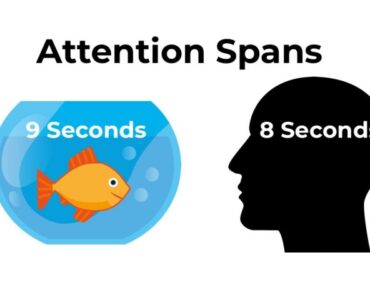The best way to reduce poverty in developing countries is by giving up to six years of free education so that they can at least read, write and use numbers. To what extent do you agree or disagree?
One of the most pressing concerns that the world face today is poverty. It is widely perceived that an efficient way to eradicate poverty is by giving free access to elementary education for six years. In this essay, I strongly contend this to be true because of its short term and long-term implications.
Most less-affluent parents in developing nations allow their children to go to schools if they could afford their educational expenses than they would otherwise. Primary education would improve the student’s proficiency in reading, writing as well as basic calculations. After their studies, they would be more likely to get employed and support their family. This is particularly true in India which passed the right to compulsory education by law to ensure maximum enrolment in schools, thereby actively countering poverty in the state.
On a wider perspective, this measure has a future potential to take many families out of abject poverty in the years to come. With better jobs and a secure income, educated people of the poorer sections would realise the significance of education. They will, therefore, support their children to pursue higher educations and to have better careers. This would improve the employment rates in the country and prove beneficial in mitigating poverty in many families over a time.
In conclusion, there is a popular opinion that the best way to alleviate poverty is by providing free education to children to learn basic linguistic and mathematical subjects. I strongly argue this perception to be right emphasising on its immediate and futuristic merits.



